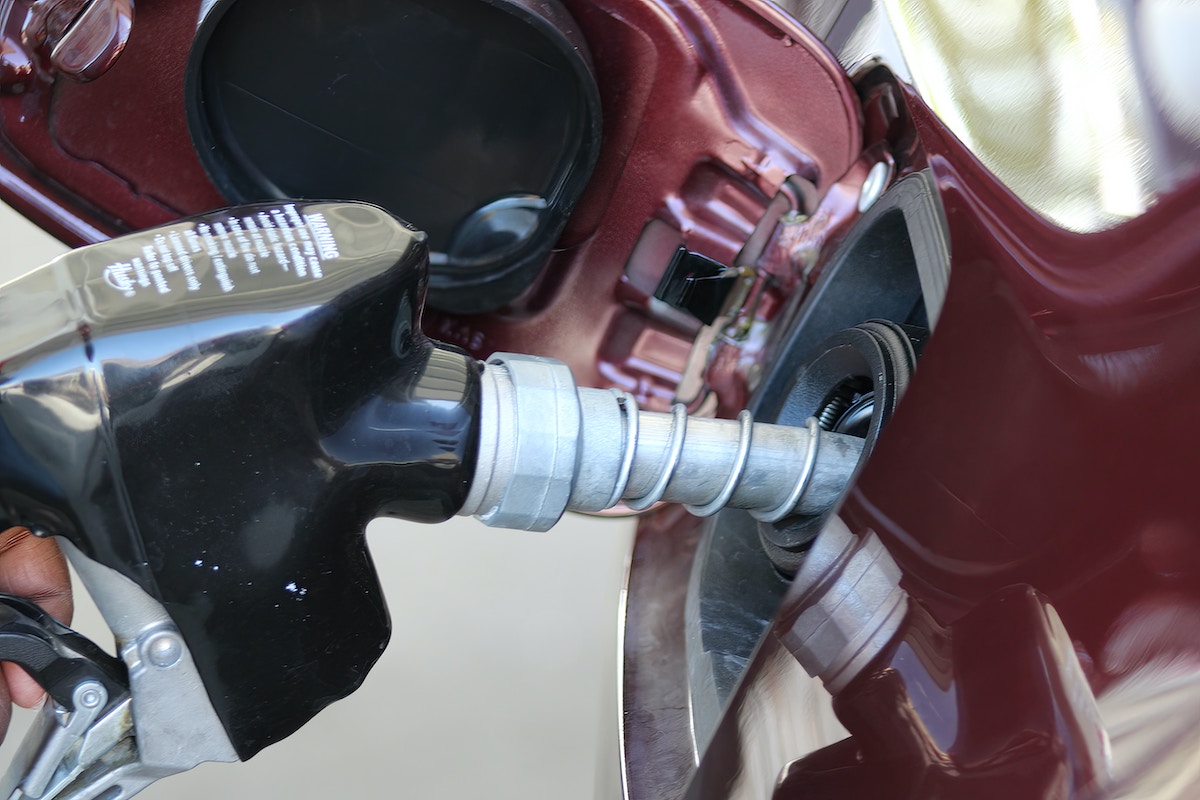Useful Information You Should Know About Fuel Tax Bonds

Are you a business owner or entrepreneur who is looking to stay compliant with fuel tax regulations? If so, understanding fuel tax bonds may be necessary. Whether you’re new to the idea of fuel taxes and need more information or are an experienced user trying to make sure all your bases are covered, this blog post will tell you all!
What is a fuel tax bond?
When businesses are involved in the selling, manufacturing, or distributing of fuel products, there are several taxes that they are required to pay. And one of them is the fuel tax, which is imposed by state and federal governments. However, not all states charge the same quote — read more to know exactly how much you owe in your state. You don't want to get caught off guard and run into any legal problems or fines in the process. It's not beneficial for the government only — even customers who rely on fuel products for transportation and other necessities can be sure that businesses are staying compliant with the law.
To ensure that these taxes are paid, some businesses are required to obtain a fuel tax bond. Essentially, this bond acts as a guarantee that the company will comply with all tax regulations and pay all taxes that are owed in a timely manner.
What are the different types of fuel tax bonds available?
Fuel tax bonds are a type of surety bond designed to guarantee that fuel taxes will be paid to the relevant state or federal authorities. Some of the most common types include:
- Excise Tax Bonds
- Liquor/Alcohol Tax Bonds
- Motor Vehicle Fuel Tax Bonds
- Petroleum Interest Tax Bond
- Special Fuel User Tax Bonds
Regardless of the specific type of bond that is needed, it is important for businesses to understand their options and work with a trusted surety bond provider to secure the right bond for their needs.
How do you apply for a fuel tax bond?
If you're in the business of importing, exporting, or distributing fuel, you may need to apply for a fuel tax bond. But where do you start? Let's take a closer look at these essential steps.
- Contact a surety bond agency to obtain the bond. The agency will require certain information from you, including your business details and financial information, to assess the risk of issuing the bond.
- Comply with any state or federal regulations regarding fuel tax bonds. Remember that fuel tax bonds are a legal requirement to ensure that you pay all necessary taxes on your fuel sales.
- Submit the necessary paperwork to the surety bond agency. This includes submitting your business information, financial statements, and any other relevant documents needed for approval.
- Once approved, you can pay the premium and receive your fuel tax bond from the agency.
- Keep a copy of the bond on file so that you have evidence of its existence in case of any disputes or compliance issues.
Benefits of having a fuel tax bond
Do you know what a fuel tax bond is and why it's important for fuel sellers and distributors? It’s a protective measure against the possibility of non-payment of taxes on the fuel sold. Without a fuel tax bond, sellers would face crippling fines or significant legal issues. But what are the other benefits that come with it?
- Ensures your compliance with fuel tax regulations
- Provides an assurance to customers that you are paying all necessary taxes
- Protects you from the financial risks of non-compliance
- Can improve your credibility and reputation as a responsible business owner
Common mistakes to avoid when obtaining a fuel tax bond
Once you obtain a fuel tax bond, there are certain mistakes that you should avoid at all costs.
- Failing to submit accurate and complete information about your business can lead to delays and rejections.
- Not shopping around for the best rates and terms can cause you to pay more than necessary.
- Choosing a bonding company that is not licensed or reputable can put you at risk of fraud and non-compliance.
Therefore, make sure to do your due diligence and work with a trusted and experienced provider to ensure a smooth and successful bonding process.

Fuel tax bonds are a requirement for businesses involved in the sale, manufacture, or distribution of fuel products. They guarantee that taxes will be paid on time and in full. But it's important to understand all the details before applying for one. Make sure you know the different types of fuel tax bonds available, how to apply for one, and the benefits and mistakes to avoid. With the right knowledge and resources, you can ensure that your business maintains compliance with all relevant regulations while also protecting yourself financially.



